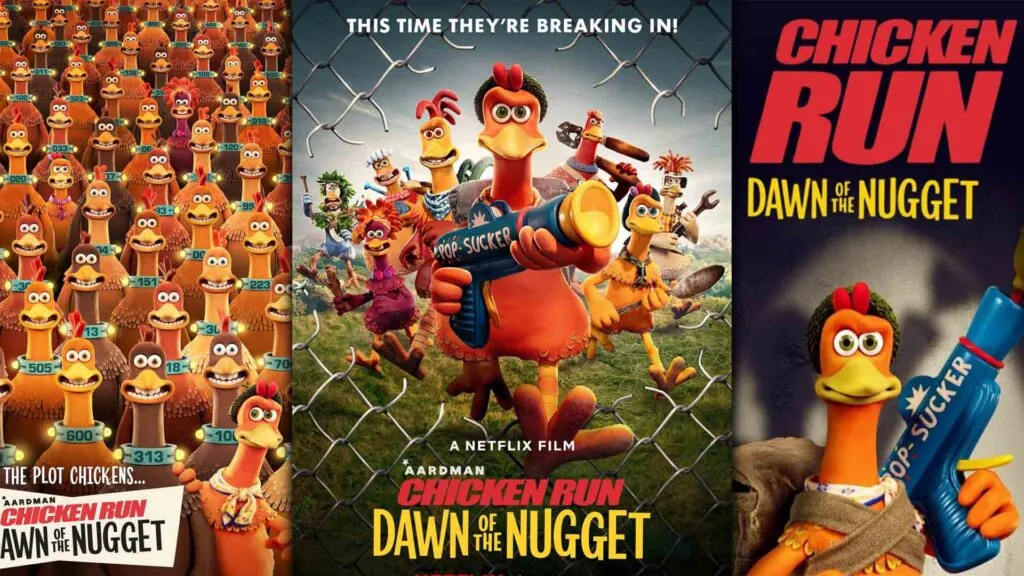Like many of you, I grew up with the mainstream media being a part of our household. We got the Globe and Mail delivered daily; when they displayed too obvious a bias in favor of same-sex “marriage,” my dad switched to the National Post. We got TIME magazine weekly.
When I moved out on my own for the first time – from Chilliwack to Calgary, Alberta – the first thing I did was get a subscription to a newspaper. But as the years went on, my “take it with a grain of salt” attitude to the mainstream media evolved into overt distrust. The feeble attempts at fairness largely disappeared, and brazen cheerleading for the movements destroying our society took its place.
Strike 1: Hating babies
One of the first breakdowns of trust between Christians and the press came with the issue of abortion. Christians view abortion for precisely what it is: an act of violence that ends the life of a developing human being. With only a few notable exceptions, the mainstream media in North America backed the abortion rights movement and opposed the pro-life movement. Dehumanizing language was deliberately used when referring to pre-born children. The issue, in most cases, was presented as a political struggle between the “pro-choice” movement and the pro-life movement, with the main characters – the pre-born babies at the center of the struggle – left entirely out.
This bias has only grown exponentially, especially in the wake of Roe v. Wade’s overturn. The media deliberately misrepresents pro-lifers; it seeks to portray the movement in as negative a light as possible, and it actively ignores malfeasance on the pro-abortion side. I have read stories about people I know, in which I am quoted, that are obviously false.
To read a story in the mainstream press about abortion is to see journalists assert, with complete confidence, that the baby in the womb is not, in fact, a baby. It is to read “fact-checkers” debunk objectively true claims on behalf of the abortion industry, and to see the pro-life movement portrayed as misogynists, religious fanatics, and, frequently, white supremacists.
The mainstream media’s rule is “if it bleeds, it leads” – except when it comes to abortion. In fact, when David Daleiden and the Center for Medical Progress released bombshell videos in 2015, proving that the abortion industry was trafficking in baby body parts, the media promptly launched a massive investigation…into the Center for Medical Progress. The reality is that when you read a story about abortion in the media, it is almost certainly packed with disinformation and outright lies.
Strike 2: Hyping hedonism
It isn’t just abortion, of course. On virtually every issue, the mainstream press takes the side of the sexual revolutionaries – and when churches are covered by the media, it is almost always a story about a conflict between Christianity and the sexual revolution. It is not news that Christian institutions generally adhere to a Biblical view of sexuality, for example, but Canada’s state broadcaster and major newspapers treat us to an endless stream of breathless coverage reminding us of the fact.
You have probably never heard about the community service work done by staff and students at Redeemer University. You probably have heard the stunning revelation that, as one CBC headline put it, this “private Christian university says no sex outside heterosexual marriage.”
Progressive politicians and their media allies have put a lot of elbow grease into stereotyping conservative Christians, and it has been effective. While Christians are condemned for opposing an increasingly radical LGBT agenda, the press – especially Canada’s taxpayer-funded state broadcaster – has bent over backward to condemn parental rights, defend drag shows targeted at children, and justify a pornographic sex ed curriculum.
Strike 3: Doubling down on death
The same is true for the issue of euthanasia. With one exception – Andrew Coyne, who was then a columnist for the National Post and now writes for the Globe and Mail – the media was entirely in favor of legalization, and treated dissent as unworthy of coverage. I remember tuning into the CBC for a debate on euthanasia, only to discover that the debate was not between someone who opposed it and someone who supported it – it was between an advocate of the incoming law and a fellow who didn’t think it went far enough.
In short order, the media wasn’t even calling it euthanasia or assisted suicide anymore – they’d switched the terminology to the sterile, soothing-sounding “medical aid in dying,” conveniently shortened to “MAID.” Only when the horror stories pro-lifers predicted began surfacing in rapid succession did some media outlets begin asking if we had perhaps “gone too far” – and none admitted that perhaps the pro-life advocates they’d ignored were correct.
Strike 4: Celebrating castration
But the nail in the coffin of the media’s credibility – not only amongst Christians, but in the broader public, as well – was their whole-hearted embrace of the transgender agenda. Prestigious media organizations with Pulitzer Prizes and foreign correspondents in a dozen countries began to publish articles with phrases such as “her penis” and “his breasts.” Scores of “human interest” stories about “pregnant men” – I’m not making that up – were (and are) published with full photo essays. The claims of the transgender movement on everything from suicidal ideation to the acceptability of subjecting gender dysphoric minors to double mastectomies and castration were accepted at face value, regardless of how ludicrous they were or how much contradictory evidence existed.
Most damning were the countless stories about allegedly female criminals featuring photographs of ugly, snaggle-toothed men guilty of often horrifying violence against real women. Nearly all of them went viral, and the universality of the mockery was devastating for the media’s credibility.
Trust in the press can survive mistakes – even catastrophic ones. But it is a different scenario entirely when the press consistently challenges its viewers and readers with obvious lies and asks them: “Who are you going to believe, us or your lying eyes?” I’ve even seen mainstream journalists such as Jonathan Kay (of Quillette and the National Post) make the observation on Twitter – the reason transgenderism is so toxic, he noted, is that
“[siding with transgender] isn’t just destroying trust in the educational/political elites when it comes to gender. It’s destroying trust, full stop. If elites…think waving a fairy wand turns boys into girls, what other crap do they believe?”
Precisely.
Over the past several decades, the mainstream press has revealed that it serves as the propaganda arm of the Sexual Revolution – and in the last ten years, it has abandoned reality entirely.
You’re outta here
This is undoubtedly a serious issue, because in the vacuum left behind, many people merely hunt for sources that back their preferred narrative on a given issue and independent platforms deliberately cater to this. I agree with the mainstream journalists who worry that the collapse of trust in the Fifth Estate is a huge problem.
It just happens to be a problem of their own making.
Jonathon Van Maren has written for the National Post, National Review, First Things, LifeSiteNews, and many other publications. He blogs at TheBridgehead.ca.












